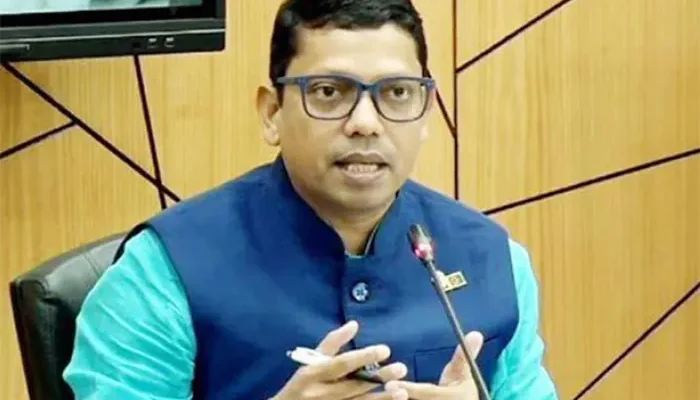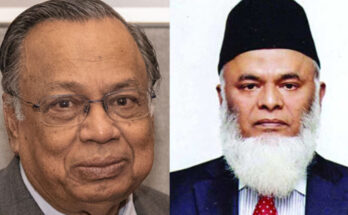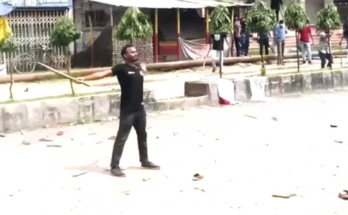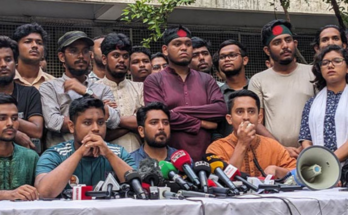Introduction
In a significant development amidst the ongoing anti-discrimination student movement in Bangladesh, Junior Minister for Posts, Telecommunications, and Information Technology, Zunaid Ahmed Palak, publicly apologized for Internet Disruptions and Social Media Failures. This blog post analyzes his apology, the context behind it, and the implications for the government and the ongoing protests.
The Apology
On Friday afternoon, during a memorial event for National Mourning Day at his residence in Natore, Minister Zunaid Ahmed Palak expressed his regret. Addressing the gathering, he said, “If I have made any mistakes toward the younger generation, I publicly apologize. I take responsibility for the internet disruptions and the failure to prevent rumors on social media. I pledge to accept any decision from Prime Minister Sheikh Hasina.”
The Context
The minister’s apology comes in the wake of significant unrest triggered by the anti-discrimination student movement. The protests began as a response to the government’s quota system in public jobs, which many students see as unfair. The situation escalated into violence, leading the government to take drastic measures, including internet shutdowns and social media bans.
Internet and Social Media Disruptions:
- From the night of July 17 to the afternoon of August 3, the government blocked access to Facebook, Messenger, WhatsApp, and Instagram to curb the spread of information and organize protests.
- On July 31, services were restored, but on Friday, the government again blocked Facebook and the Russian messaging app Telegram on mobile networks.
The Minister’s Statements
Palak emphasized the need to bridge the gap between the government and the youth. He stated, “We must take steps to reduce the distance and misunderstandings with students and teenagers. This initiative should start at home, in our neighborhoods, and institutions. We must understand the language of students’ eyes.”
He also stressed the importance of addressing these issues sensitively, rather than through harsh measures. “Creating distance with tough decisions will not solve the problem. We should approach students with care and compassion. I believe this will eliminate misunderstandings and foil the conspiracies of those who seek to create chaos.”
Broader Implications
Public and Government Relations: Palak’s apology signifies an acknowledgment of the government’s shortcomings in handling the situation. This gesture might help to ease tensions and build trust with the younger generation.
Future Steps: The minister’s call for sensitivity and understanding suggests a potential shift in the government’s approach towards the protests. Engaging with students in dialogue and addressing their grievances can pave the way for more peaceful and constructive outcomes.
International Attention: The internet shutdowns and social media bans have drawn criticism from both local and international communities. The public apology may help to mitigate some of this backlash, but the government’s future actions will be closely scrutinized.
Conclusion
Minister Zunaid Ahmed Palak’s public apology for the failures in managing social media propaganda and internet disruptions is a crucial step in addressing the concerns of the anti-discrimination student movement. By acknowledging these mistakes and calling for a more compassionate approach, the government can work towards rebuilding trust and fostering a more open dialogue with the younger generation. The coming days will reveal whether these words will translate into meaningful action and lasting change.





